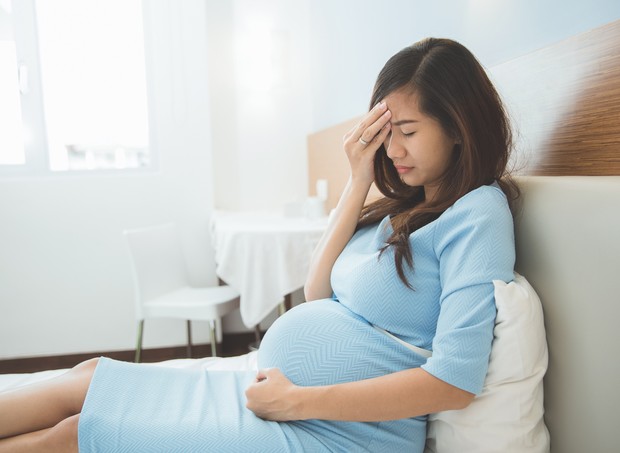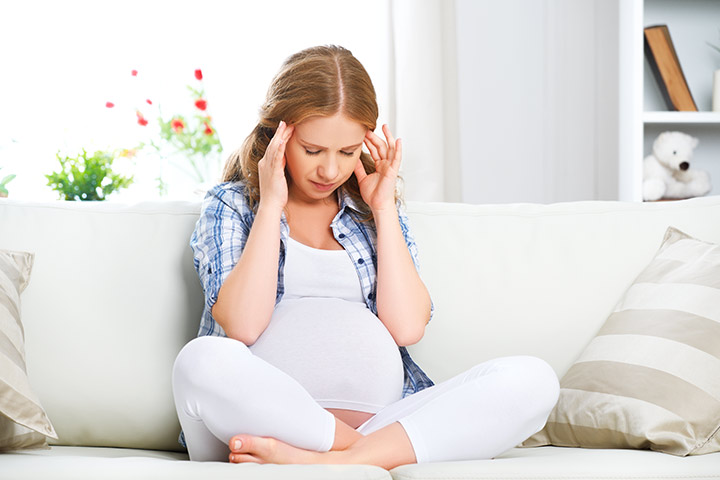
Pregnancy is a time rejoiced by every woman. The happiness of becoming a mother is always the dream of women. However, this is not an easy phase. The very first signs of pregnancy starts with unpleasant nausea and vomiting can be one of the first signs of pregnancy. It usually begins around the 6th week of pregnancy. Though it is termed as “morning sickness” It can occur at any time of the day. For most women it usually stops after the 12th week of pregnancy. In general, morning sickness is not harmful to you or your baby, but if there is excessive vomiting and when you also face diffculty to keep your food down, then it becomes harmful to you and your baby. This situation is called hyperemesis gravidarum. If it becomes severe and left untreated due to the possible lack of nutrients and electrolyte imbalances it causes harmful side effects. It is very important to reach out to your doctor if you experience severe vomiting and have trouble keeping food down.

“Morning sickness” is a misnomer. Most of the time morning sickness is worse in the morning and will slowly ease up over the course of the day. But for some women they can strike at any time and last all day long. The intensity of symptoms can also vary from woman to woman too. This nausea and/or vomiting during the first trimester affects up to three quarters of pregnant women and about half have only vomiting. In this, about half of the women who experience nausea feel complete relief around 14 weeks. It takes another month or so for this condition to ease up. There are chances that it may return later and may repeat randomly throughout pregnancy. A small percentage of women have symptoms that persist continually (or nearly so) until delivery.

The exact reason for this happening has not been identified so far inspite of so many technological developments. There are some possible theories that it could be some combination of the many physical changes taking place in a pregnant woman’s body.
Human chorionic gonadotropin (hCG). One main reason could be the rapid rise of this hormone during early pregnancy. It is not clear how hCG contributes to nausea but in most cases nausea tends to peak around the same time as levels of hCG rises.
Oestrogen. One other hormone that rises rapidly in early pregnancy is oestrogen. This is also considered as a possible cause.
An enhanced sense of smell and sensitivity to odours. Certain aromas instantly trigger the gag reflex.
It is the most powerful creation to have life growing inside of you.There is no bigger gift